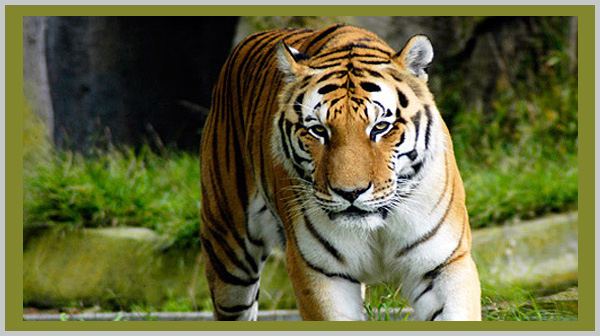
Why Extinction Matters
Should it matter to humans that other life forms are disappearing? Many people think so. Human populations depend on plants and animals for much of their food, medicines, clothing, and shelter. Even more important, intact ecosystems perform many vital functions, like purifying the air, filtering harmful substances out of water, turning decayed matter into nutrients, preventing erosion and flooding, and moderating climate. This is why extinction matters.
It is not known how many species can be eliminated from an ecosystem without its functioning being impaired.
It is likely that an ecosystem with more species is more stable than one that has lost some species. For example, research has shown that grassland plots with a greater number of plant species are better able to withstand drought than those with less species diversity. This stability may well be important in the future, as changes in precipitation brought on by global warming stress ecosystems.
Some species are particularly important to the health of their ecosystems. These are called “keystone species”, because like the center stone in an arch, their removal can greatly affect the entire system.
A classic example of the consequences of removing a keystone species occurred when fur hunters eliminated sea otters from some Pacific kelp beds. Otters eat sea urchins, which eat kelp. With its major predator gone, urchin populations exploded and consumed most of the kelp. Fish and other animals associated with kelp beds disappeared.
In many cultures, humans value animals for reasons other than maintaining ecosystem health. Animals play a prominent role in the religions or belief systems of many cultures. Many people value other species for the enjoyment they give. Still others believe humans have a moral obligation to live in harmony with other life forms. Whatever their reasons, most people agree that it is important to try to prevent species extinction.
Not all people agree on how to do this, however, or what to do when human needs conflict with needs of other species.
It is only recently that people have begun to be concerned about the decline of wildlife that has no commercial value to humans. Wildlife laws originally were passed to control exploitation of animals that people hunted. For example, international regulation of whaling started after hunting had depleted many whale populations.
Whalers were worried that soon no more whales would be left and their livelihood would disappear. In the United States, the first wildlife laws regulated hunting of game animals to preserve populations large enough for people to continue hunting.
Now, our concern has expanded to include animals that have little or no obvious economic value, like songbirds, as well as those we value for food or other uses.
Explore:
Click here for Endangered Species Classroom Activities
Click here for Endangered Species Classroom Glossary